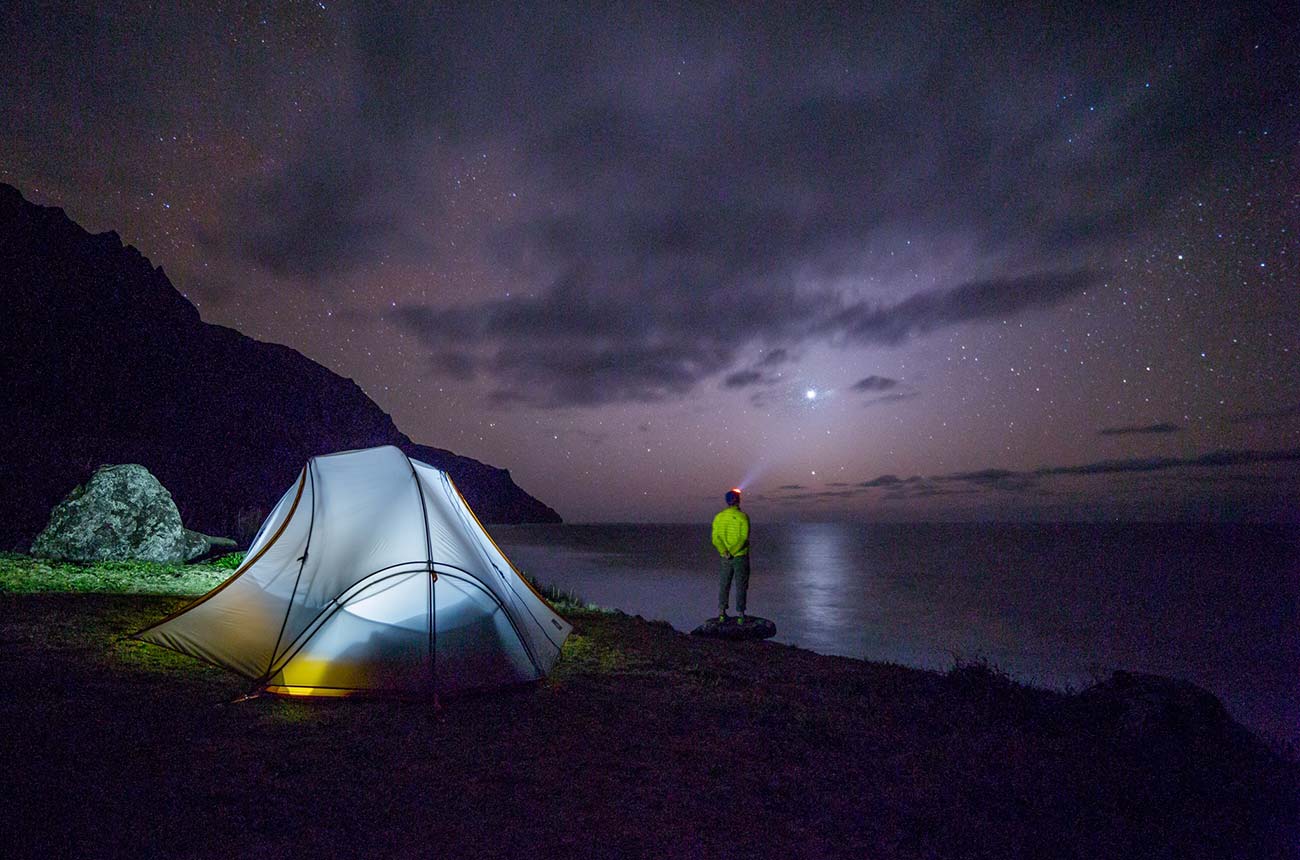Who cares about those Zip2 board members who called him too wild? Who remembers the PayPal bosses who voted him out? That "troublemaker" with messy hair? He's building factories on Mars now.
May 17, 2024
During his early entrepreneurial phase, Elon Musk generated nearly $200 million in accumulated profits through two successful ventures—Zip2 and PayPal—laying the financial foundation for establishing his subsequent core enterprises.
In 1995, 24-year-old Elon Musk, alongside his brother Kimbal Musk and Greg Curry, founded the software company Global Link (later renamed Zip2) in Palo Alto, California. Their initial funding consisted of $28,000 from Musk's father, Errol Musk, and $6,000 from Curry. The company provided online yellow pages and map navigation services for local businesses, integrating commercial listings with navigation data. During the early days, the Musk brothers economized by sleeping on the office sofa, showering at the local YMCA gym, and sharing a single computer for programming.
In January 1996, venture capital firm Mohr Davidow invested $3 million in Zip2. This led to a strategic shift towards providing a city guide platform for newspaper publishers. Musk stepped down as CEO to become Chief Technology Officer, succeeded by professional manager Rich Sorkin. By 1998, Zip2 had partnered with over 160 media outlets, including The New York Times and Hearst Newspapers, offering maps, yellow pages, and two-way fax communication services. In April of that year, Zip2 attempted a $300 million merger with competitor CitySearch. Concerned about losing control, Musk opposed the deal and removed Sorkin from the joint board of directors, ultimately causing the merger to collapse.
In February 1999, Compaq acquired Zip2 for $307 million. Musk, as the largest individual shareholder with a 7% stake, netted $22 million, while his brother Kimbal received $15 million.
In March 1999, Musk invested $10 million to found X.com, an online payment company focused on email-based money transfers and financial innovation. In early 2000, responding to market competition, X.com merged with Confinity (owner of the payment product PayPal). Musk became CEO of the combined entity. Post-merger, internal conflicts emerged over strategic differences, including whether to unify the brand under X.com or retain the PayPal name. In September 2000, while Musk was on vacation, the board ousted him as CEO. Confinity founder Peter Thiel took over the role, and in 2001, the company officially rebranded as PayPal.
In February 2002, PayPal went public on NASDAQ with a valuation of $1.2 billion. That October, eBay acquired it for $1.5 billion. Musk, holding 11.7% as the largest shareholder, gained approximately $165 million from the sale.
Before PayPal's acquisition, Musk had already invested $100 million in June 2002 to establish Space Exploration Technologies Corp. (SpaceX). His goal was to reduce rocket launch costs and advance plans for Mars colonization. This funding came primarily from his proceeds from Zip2 and PayPal, marking his decisive shift towards aerospace and clean energy ventures.
Similar Topics


Breakthrough
Through SpaceX, Elon Musk pioneered reusable rockets and crewed spaceflight while deploying global satellite internet via Starlink. At Tesla, he achieved Model 3 mass production and established the Shanghai Gigafactory, securing EV industry leadership. Concurrently, he advanced neural interfaces and tunnel transport systems, forging a cross-industry tech network.

Controversy
Elon Musk acquired Twitter for $44 billion (later renamed X). In 2024, he became Donald Trump's top individual donor. After serving as a federal efficiency advisor in 2025, Musk resigned and launched Tesla's Robotaxi pilot program that June, with plans to expand the fleet to one million vehicles by 2026.